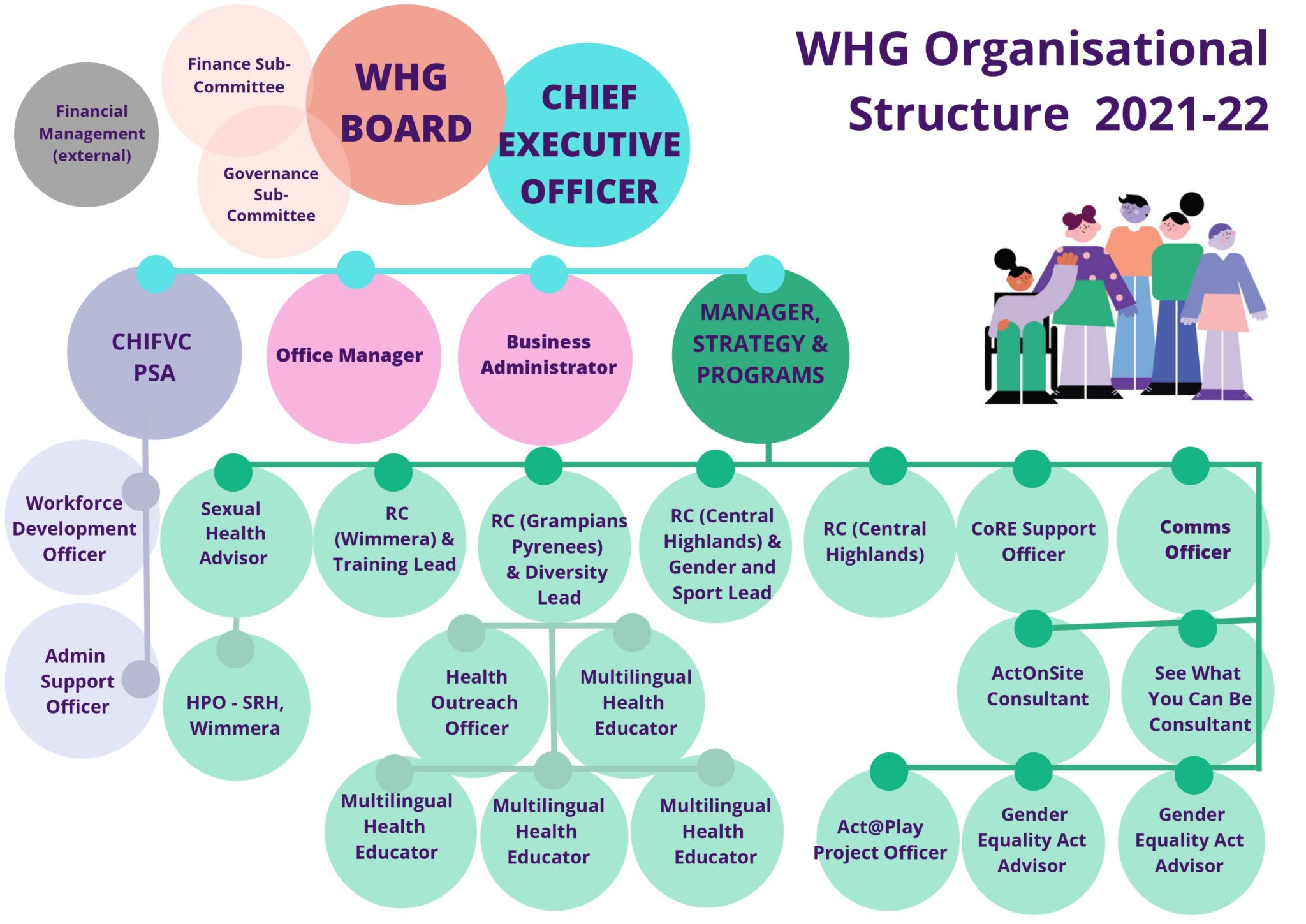Chair's Report
It’s hard to believe another year has passed, and my first as Chair of the Board, which is an honor and privilege that I take on with a huge amount of care and admiration for those who have been at the helm prior. A particular thanks to my predecessor, Amy Rhodes, who I am incredibly grateful for, who also welcomed her first child this year.
The year was big – one that was, again, impacted by COVID19 and the ever changing landscape that this has presented – but one that allowed us to continue to move closer to purpose and connection as we navigated it together. I am most inspired by our new Strategic Plan which deepens our intersectional approach and the progress we have made towards our Reconciliation Action Plan and commitment to applying a decolonising framework across WHG. We are incredibly excited to see our collective vision come to life, led by the communities we work with, to continue learning together with a continued desire, hope and deep belief in a more just and equitable society for all.
As a Board, we are continually awed by the work of the WHG team and feel an enormous amount of gratitude for each and every team member, led by our incredible CEO, Marianne. Over the past 12 months we have said goodbye to 3 incredibly talented women from our Board, Shawna Dominelli, long serving member, Rachel Whittaker and our tireless and incredibly diligent treasurer, Julie Ann Zajac. Our deepest thanks and best wishes to these past Board members. we also gained new members in Carly Myers, Cobie McQueen and our Treasurer, Onella Cooray, who bravely stepped into the role. As a Board, it has been a year for reflection and we emerge energised through a renewed sense of purpose through our deepening commitment to intersectionality, inclusion and meaningful advocacy. Moving into 2023, we look to strengthen our safeguarding and risk management frameworks and investigate our ways of working, with support of Board professional development and mentoring, to ensure we are the most cohesive and effective we can be in service of all of our staff, partners and communities.

Shani Cain
CEO's Report
Whilst the pandemic continues to impact our lives, thankfully this past year saw us return to some semblance of business as usual, dusting off the office desks and relishing the opportunity to have badly missed face to face time, to welcome in person new staff members and reconnect with partners in a way that only real life connection can provide.
We continue to operate hybrid with flexibility and are thankful that our skills and capacity to work and engage online and remotely have been honed to maximise engagement and ability to work effectively in changing circumstances
The Victorian State Budget in May 2022 provided excellent news with much needed additional investment in the women’s health and gender equality space. This has enabled us to develop positions based on our strategic priorities and regional needs, including a Research and Evaluation position, a First Nations Health Equality Team, a further Equality for All Project as well as bolstering our existing capability to support CoRE and sexual and reproductive health. We acknowledge the collaborative advocacy that led to this funding increase across the Victorian Women’s Health Services and led by our peak body Gender Equity Victoria (GENVIC).
As our staff group continues to grow, what is most welcome has been the ability to offer longer term contracts – to provide women with certainty and flexibility is important for those we employ and also in terms of setting a standard we want to see more broadly applied in society.
We have set about implementing the new Communities of Respect and Equality (CoRE) Strategy with recommitment from CoRE members, combined with steady growth. There has been noticeable increase in interest and membership from the trades and traditionally male dominated work spaces influenced by the impact of our Women in Trades programs, CoRE Hi Vis, Act on Site and See What You Can Be.
Partnerships continued to be at the forefront of our strategic approach and enable us to maximise our impact and reach. We strengthened our relationship with Federation University and look forward to the opportunities that emerge from the Future Regions Resource Centre in the Wimmera. We have also forged strong new connections with the new entity Grampians Health and the Grampians Public Health unit. We are excited by collective advocacy on reproductive health access along with these and other health partners across the region and supported by the expertise of the Royal Women’s Hospital Clinical Champions.
As always, my gratitude to the amazing staff group is deep and sincere, they have continued to be highly professional, hardworking, supportive and fun, making WHG just the best place to work and thrive.
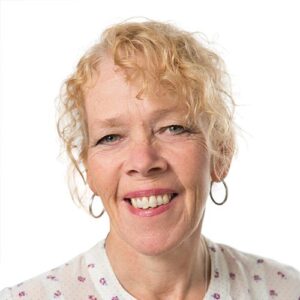
Marianne Hendron
ABOUT WHG
Strategic Plan 2022-2026
The work to refine and complete our 2022-26 strategic plan has been thorough, consultative, and inspiring. In the coming months we will be proud to present this new plan that is firmly rooted in our core values and gives us a strong foundation for the years ahead.
Strategic priorities
- Improving Gender Equality
- Improving Sexual and Reproductive Health
- Preventing Violence against Women and Children
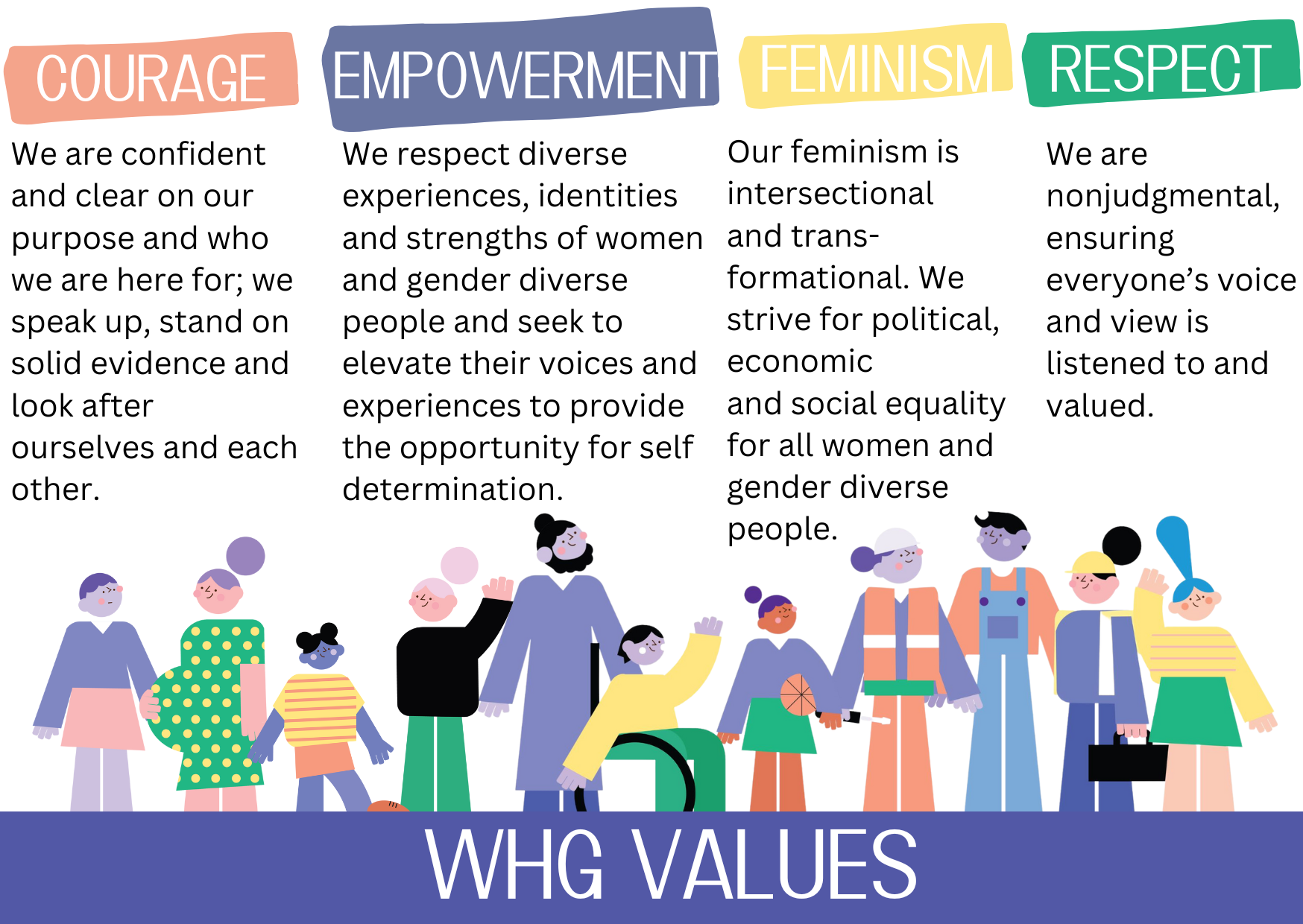
Our Vision
A gender equal society where everyone can flourish.
Our Mission
To eliminate gender inequality and improve the health, safety and wellbeing of women and gender diverse people.
Our Values
- Courage: We are confident and clear on our purpose and who we are here for; we speak up, stand on solid evidence and look after ourselves and each other
- Empowerment: We respect diverse experiences, identities and strengths of women and gender diverse people and seek to elevate their voices and experiences to provide the opportunity for self determination
- Feminist: Our feminism is intersectional and transformational. We strive for political, economic and social equality for all women and gender diverse people
- Respect: We are nonjudgmental, ensuring everyone’s voice and view is listened to and valued
OUR BOARD

Shani Cain
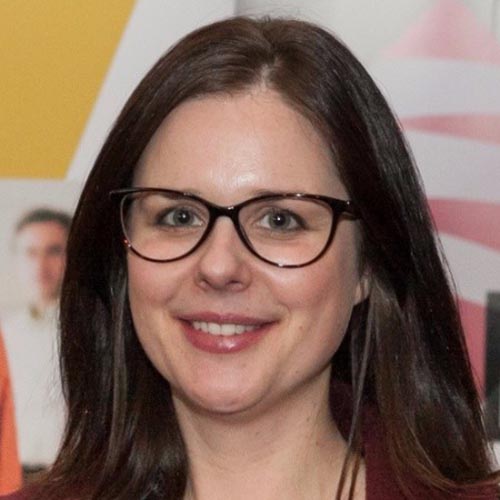
Jennie Courtney
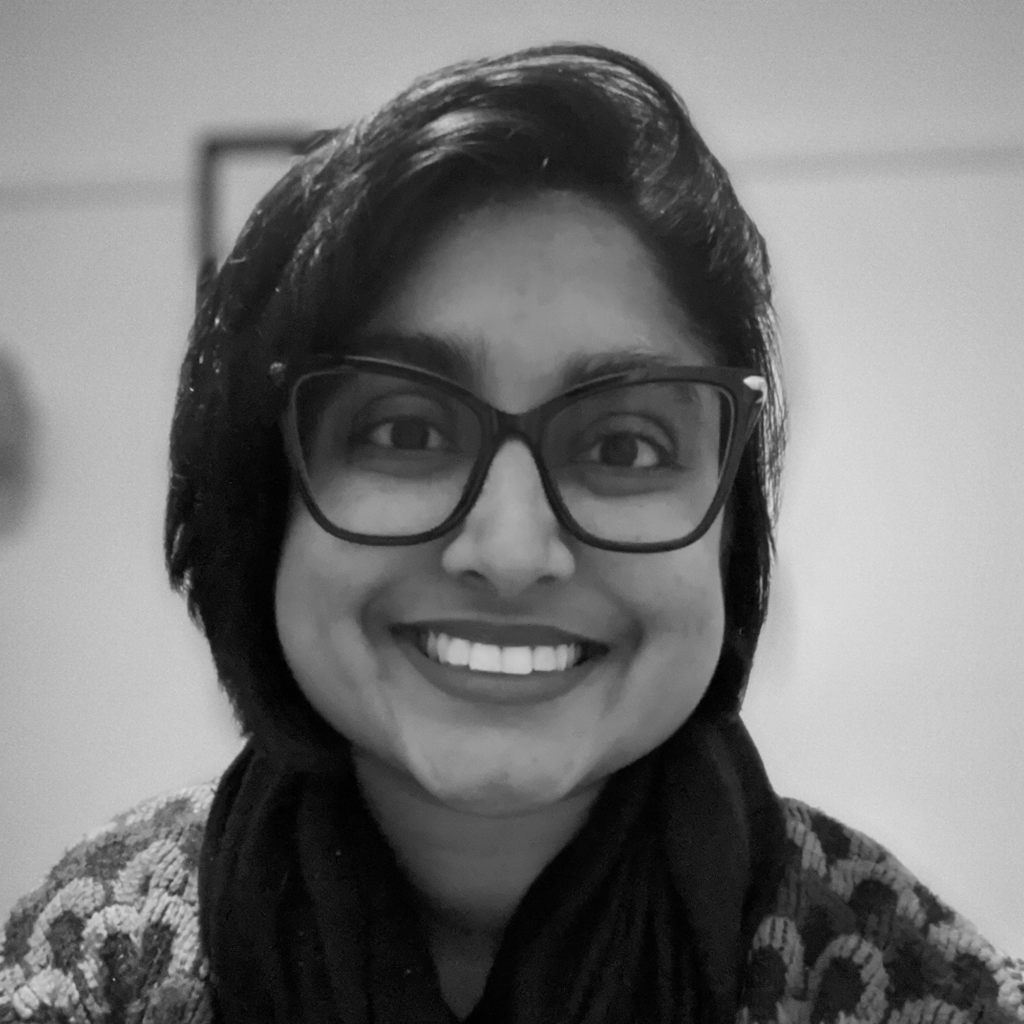
Onella Cooray
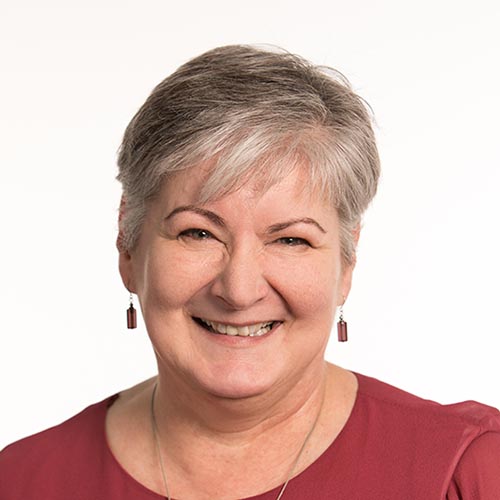
Julie-Ann Zajac
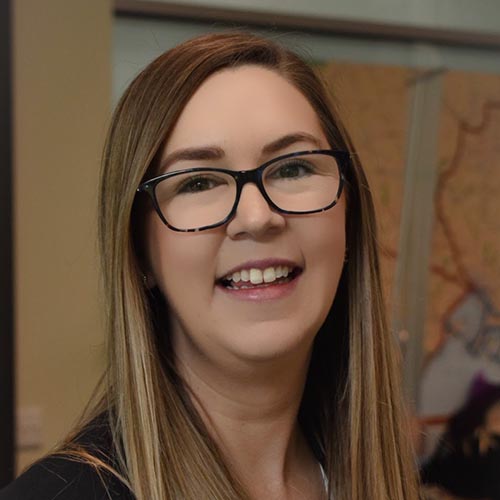
Amy Rhodes
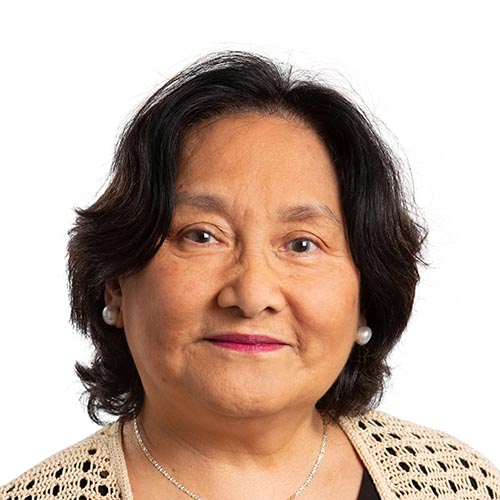
Frances Salenga
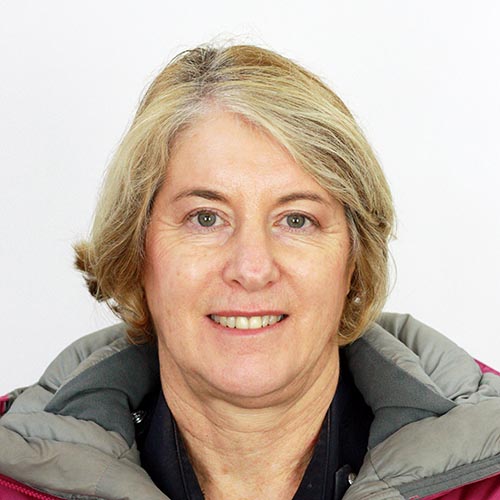
Di Thomson
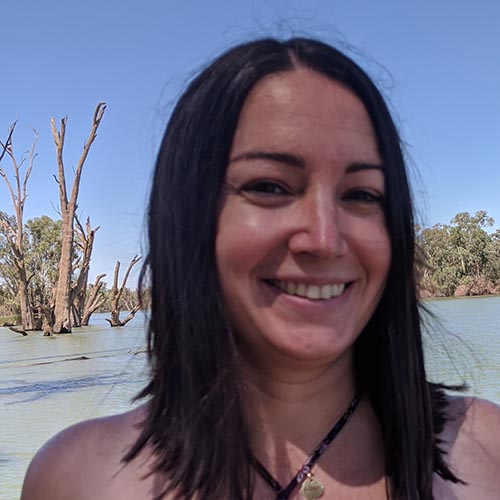
Shawna Dominelli
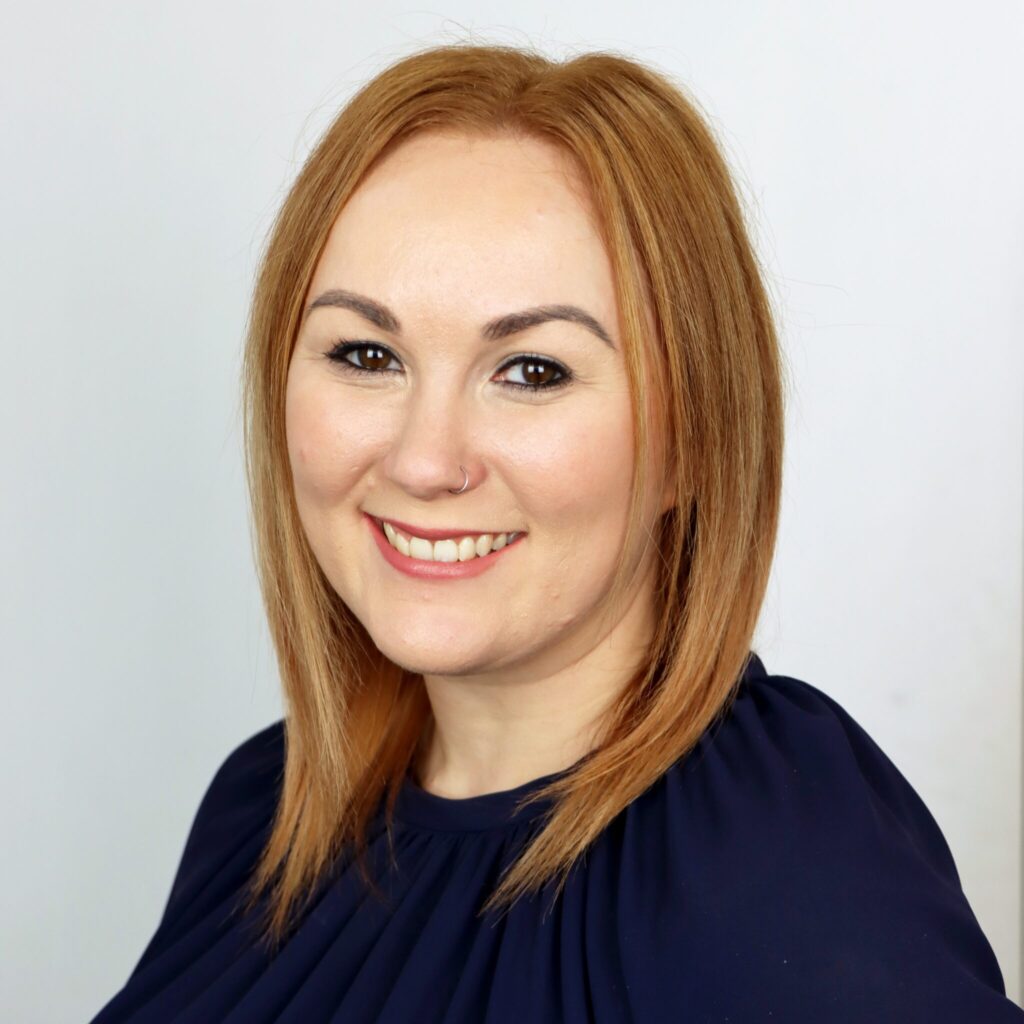
Jessica Grimble
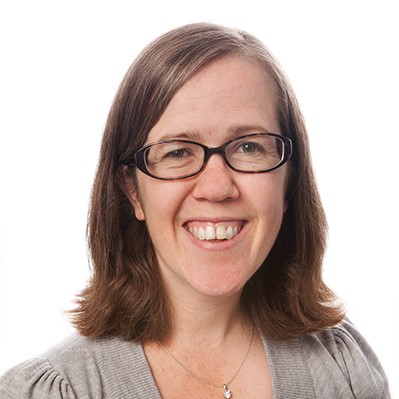
Carly-Anne Myers
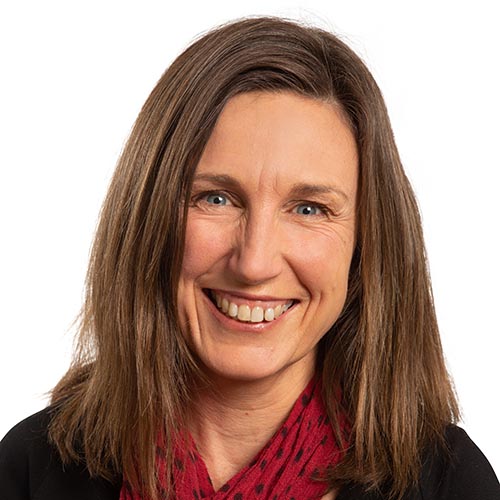
Rachel Whittaker
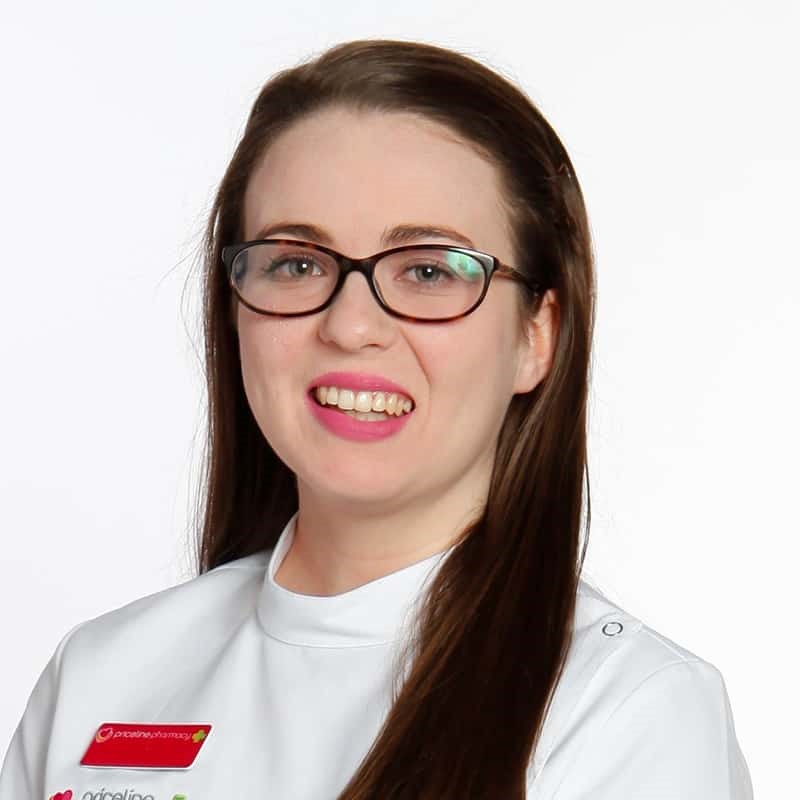
Cobie McQueen
Rachel Whittaker – Retired November 2021
Shawna Dominelli – Retired November 2021
Onella Cooray – Elected November 2021
Carly Myers – Elected November 2021
Julie Ann Zajac (Treasurer) – Retired April 2022
Cobie Mc Queen – Co-opted April 2022
OUR STAFF
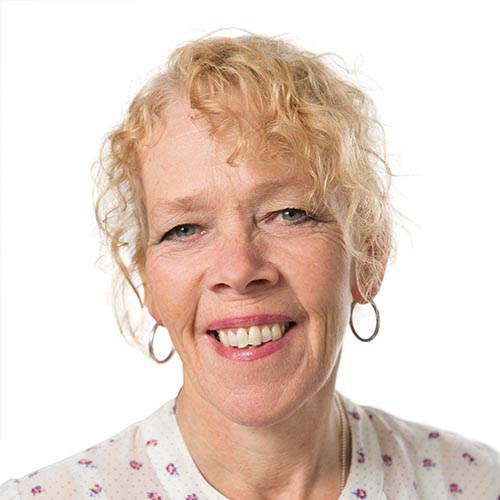
Marianne Hendron
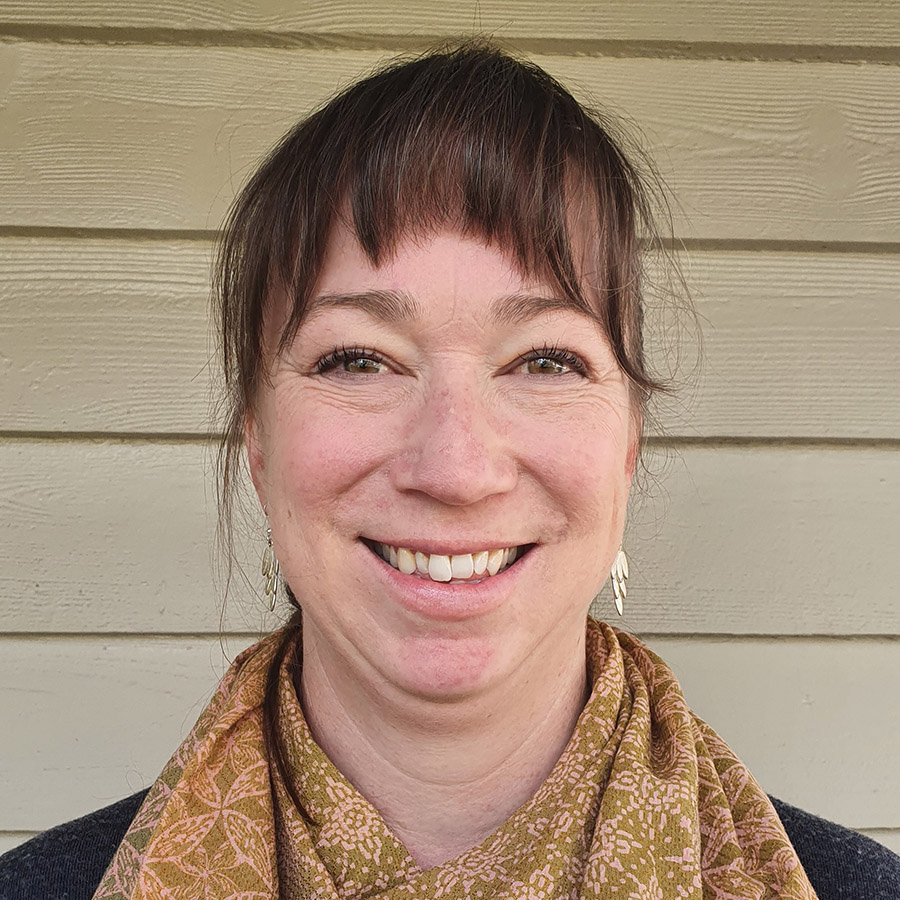
Rose Durey
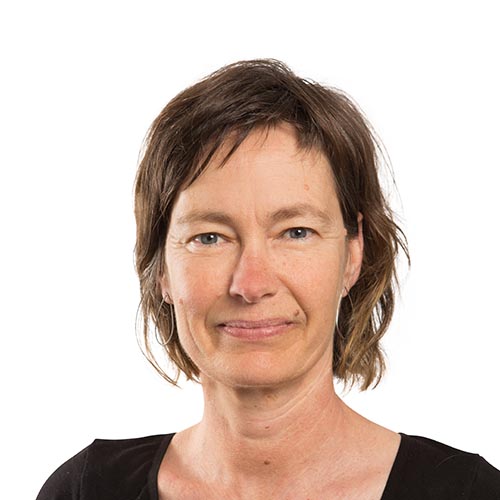
Melissa Morris
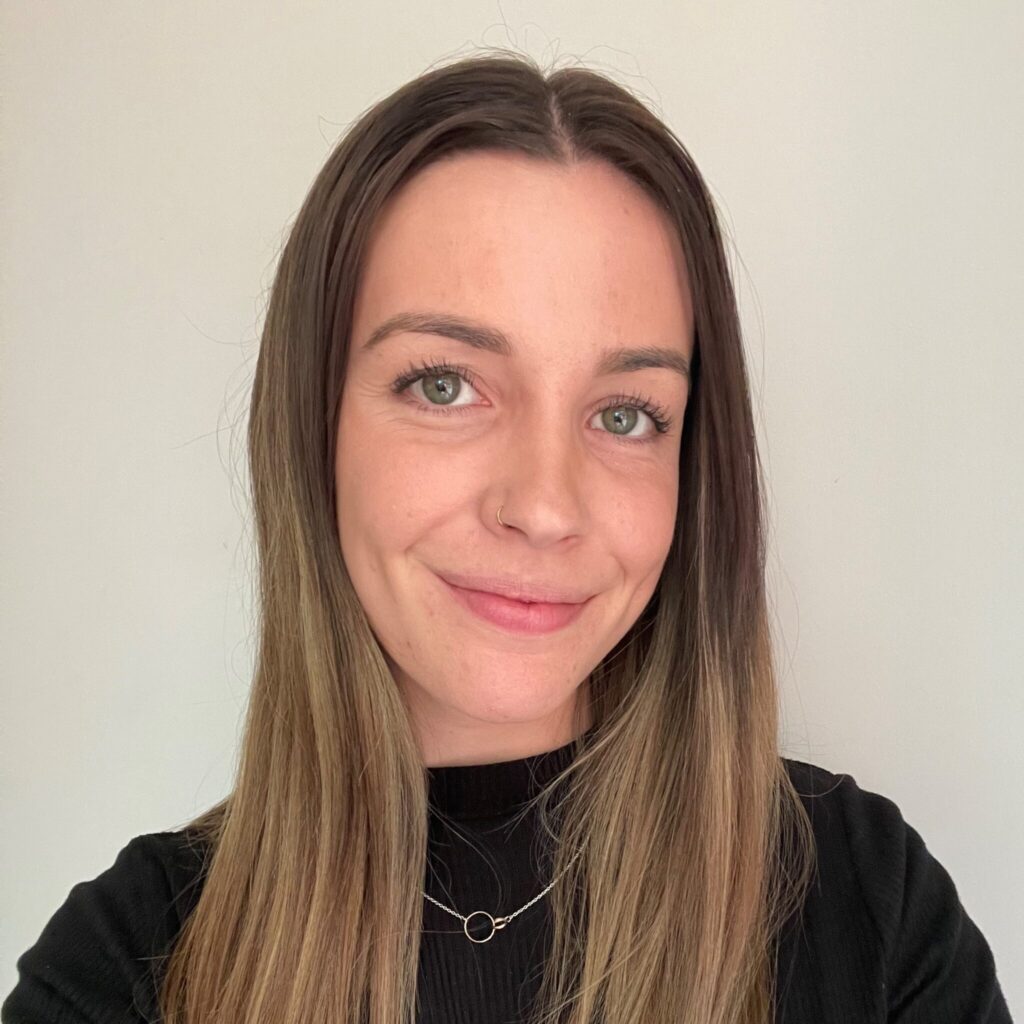
Kailee O’Beirne
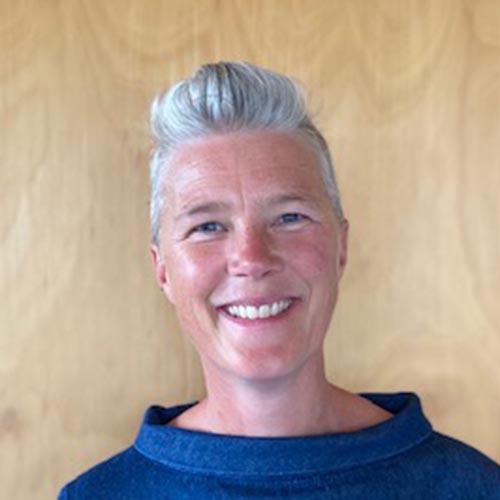
Claire Evans
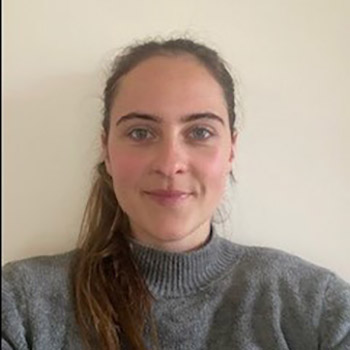
Issy Griffiths
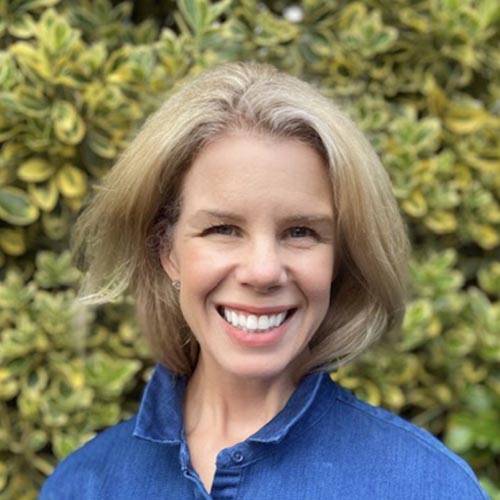
Shannon Wolf
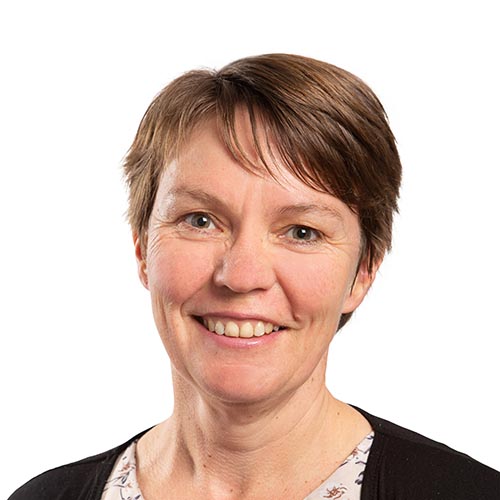
Valma Ffrost
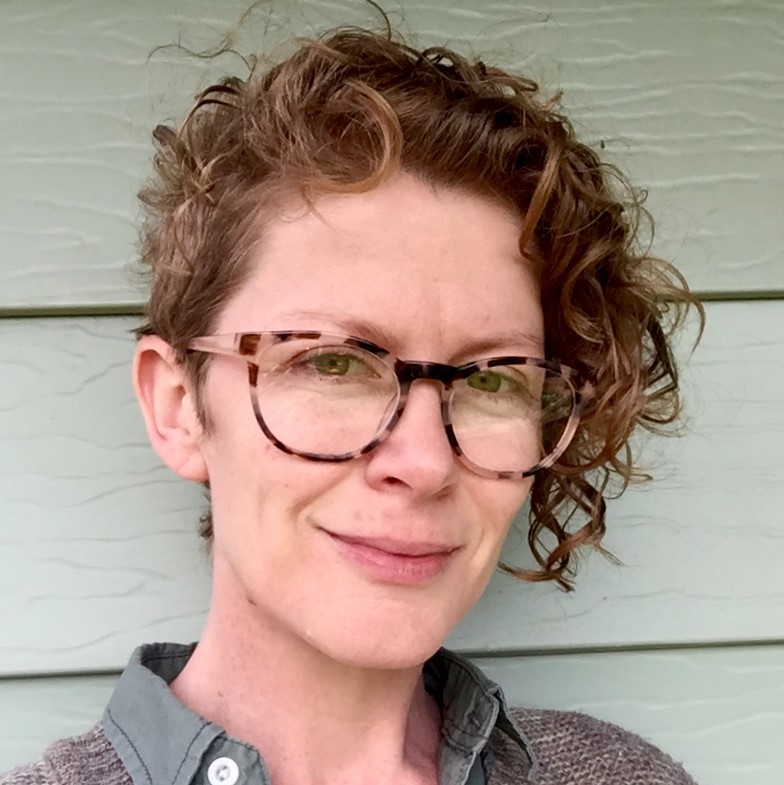
Sarah Hart
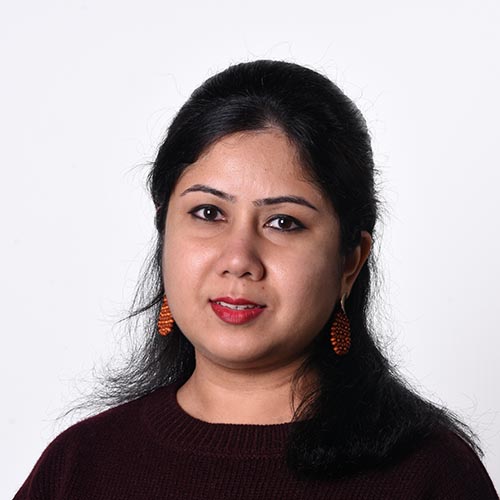
Leena Edward
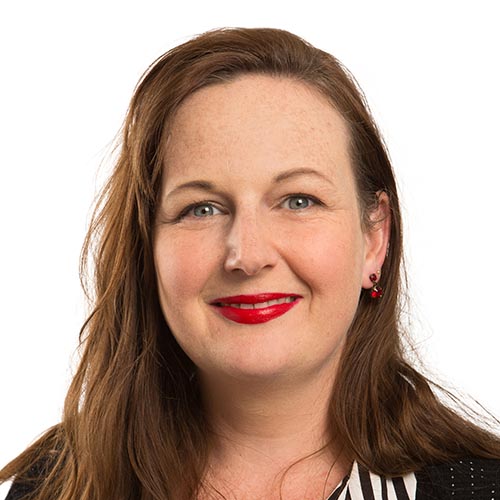
Ange van den Berg

Katja Fiedler
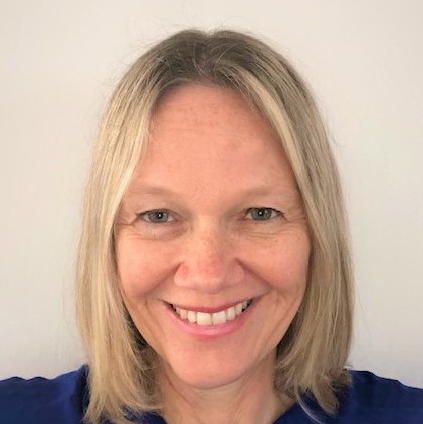
Erika Williams
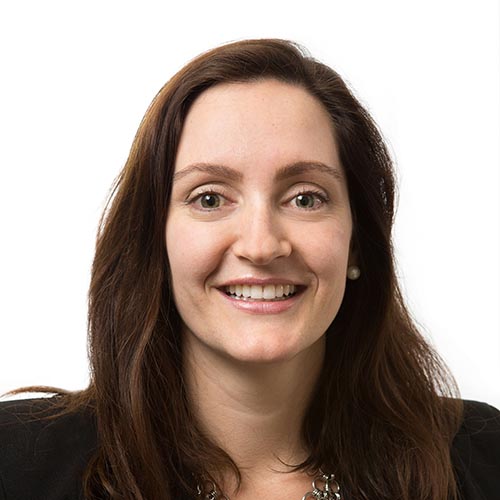
Dee Micevski
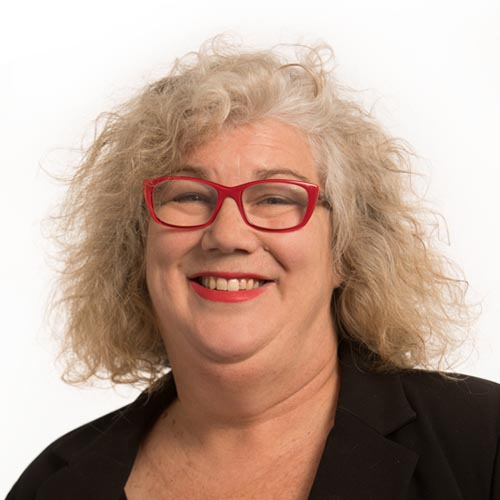
Deb Harris
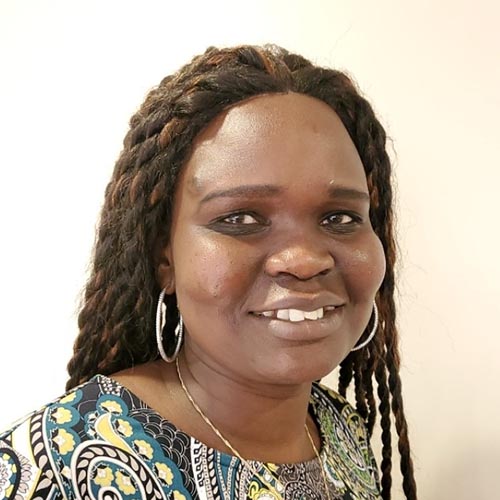
Rebecca Bol
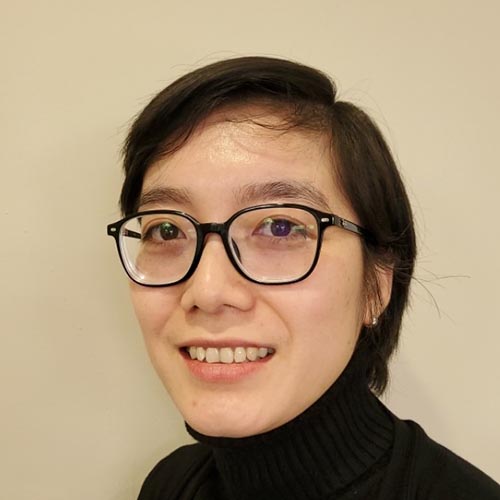
Quynh Tran
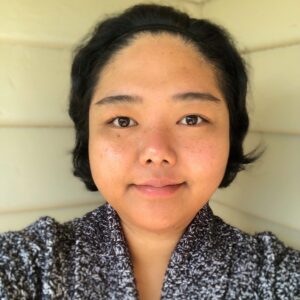
Katrina Baraquiel
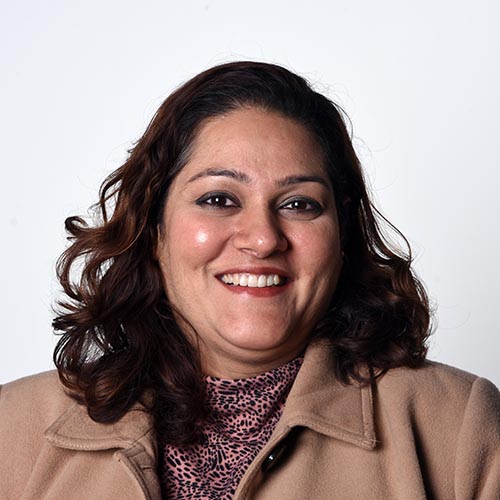
Sumira Gambhir
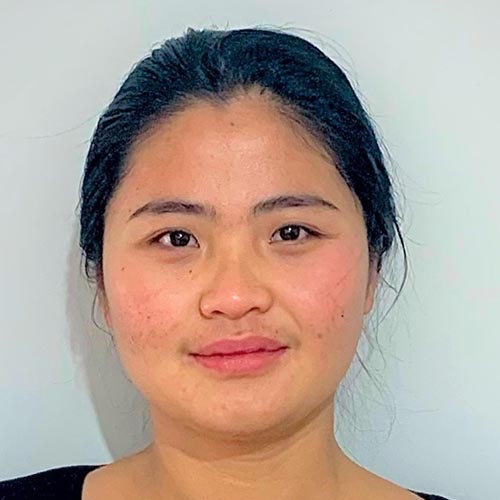
Mura Htoo
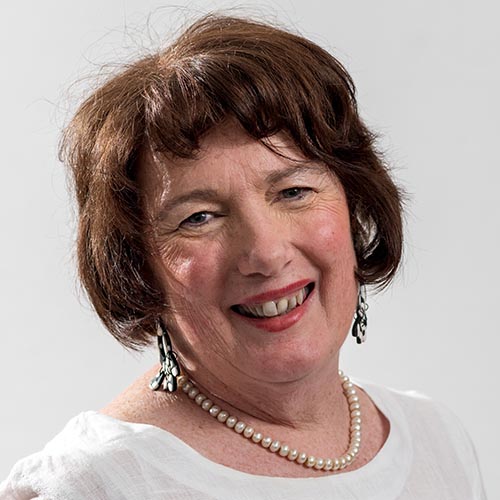
Jane Measday
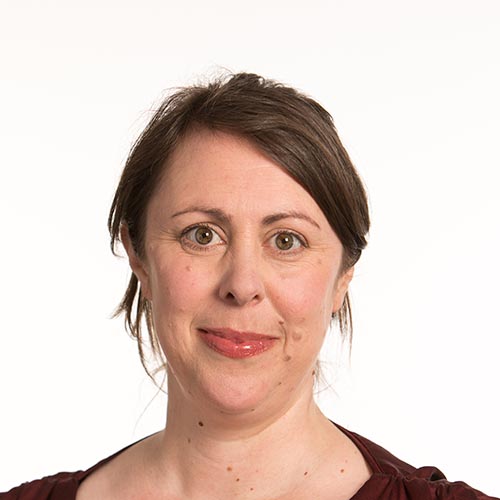
Jess Cadwallader

Maggie Muller

Youzhen Huang
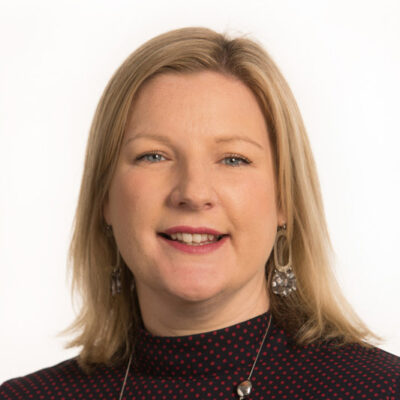
Kate Diamond-Keith
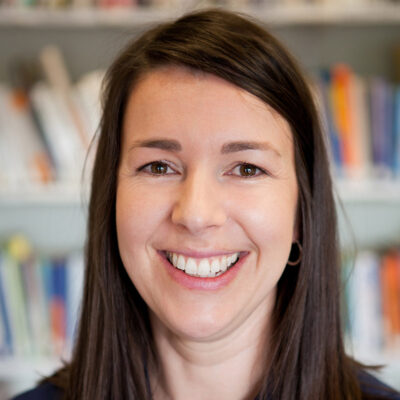
Shannon Hill
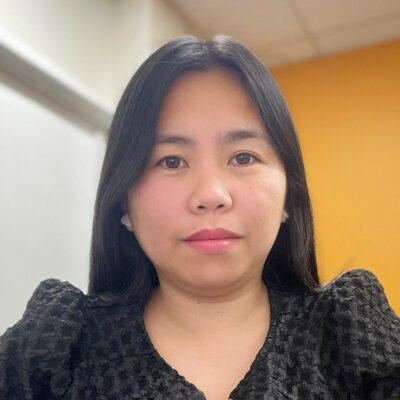
Rubylyn Mackley
REGION & PARTNERSHIPS
Partnership has always been a central part of WHG’s approach to creating change. Without cooperation, collaboration, and resource sharing we would not be able to do the work we do. It is with profound gratitude and appreciation that we give thanks to all who have walked by our side over the past year as we work together to create safe, respectful communities across the Grampians region.
We have been active on committees and networks throughout the region and beyond in 2021-22:
Whole of Grampians region:
- Dhelk Dja – Grampians Indigenous Family Violence Regional Action Group
Central Highlands region:
- Central Highlands Integrated Family Violence Committee
- Central Highlands PCP Alliance and Prevention Network
- Hepburn Shire Council Municipal Health and Wellbeing Plan Committee
- Hepburn Shire Active Women and Girls Strategy committee
- City of Ballarat – Health Partners Network
- City of Ballarat Community Safety Committee
- Golden Plains Shire Municipal Health and Wellbeing Committee
- Moorabool Council Municipal Health and Wellbeing Committee
- Sports Central Board
- Central Highlands Elder Abuse Prevention Network
- DEDJTR Activate 2020-2030 Working Group
- YMCA’s Make Your Move Collaborative Working Group
- Hepburn Shire Council’s Active Women & Girls Strategy Working Group
- Ballarat City Council Active Women’s Network
- Ballarat Youth Sexual Health Advocacy Group
- Moorabool Shire Council Female Friendly Strategy Working Group
- City of Ballarat Health Partners Group
Grampians Pyrenees region:
- Northern Grampians Health and Wellbeing Plan working group
- Grampians Pyrenees PCP Executive Committee
Wimmera region:
- West Vic Primary Health Network Wimmera Community Council
- Wimmera South West Integrated Family Violence Partnership
- Horsham CEO Network
- Wimmera Local Area Planning Group
Statewide networks:
- Safe + Equal Practitioner Reference Group
- Victorian Health Organisation Gender Equity Network
- MAV Prevention of Violence Against Women Network
- GenVIC Prevention of Violence Against Women Community of Practice
- GenVIC Communications Community of Practice
- Respect Victoria Theory of Change Working Group
- SHOUT Rural Sexual Health Working Party
- SPHERE Coalition National Sector Collaboration
- Statewide Abortion and Contraception Working Group
- ORIENT Steering Group: nurse led model of care
- GenVIC Sexual and Reproductive Health Community of Practice
INCLUSIVE PRACTICE

Reconciliation Action Plan
To build strong relationships and foster cultures of respect and equality, we aim to embed reconciliation at all levels of our organisation. We reflect on our systems and processes and take responsibility for ensuring cultural safety throughout Women’s Health Grampians – this is the foundation from which we can build meaningful partnerships in our region.
Following the development of our Aboriginal Family Violence Sector Cultural Safety Framework Action Plan in 2020-21, this year we started to develop our first Reconciliation Action Plan. Capacity building and professional development has been a strong element of this first phase, and has included cultural safety training for all staff; the development of a Reconciliation Library for staff; attendance at Reconciliation Australia workshops and conferences; and participation in Reconciliation Week and NAIDOC Week events.
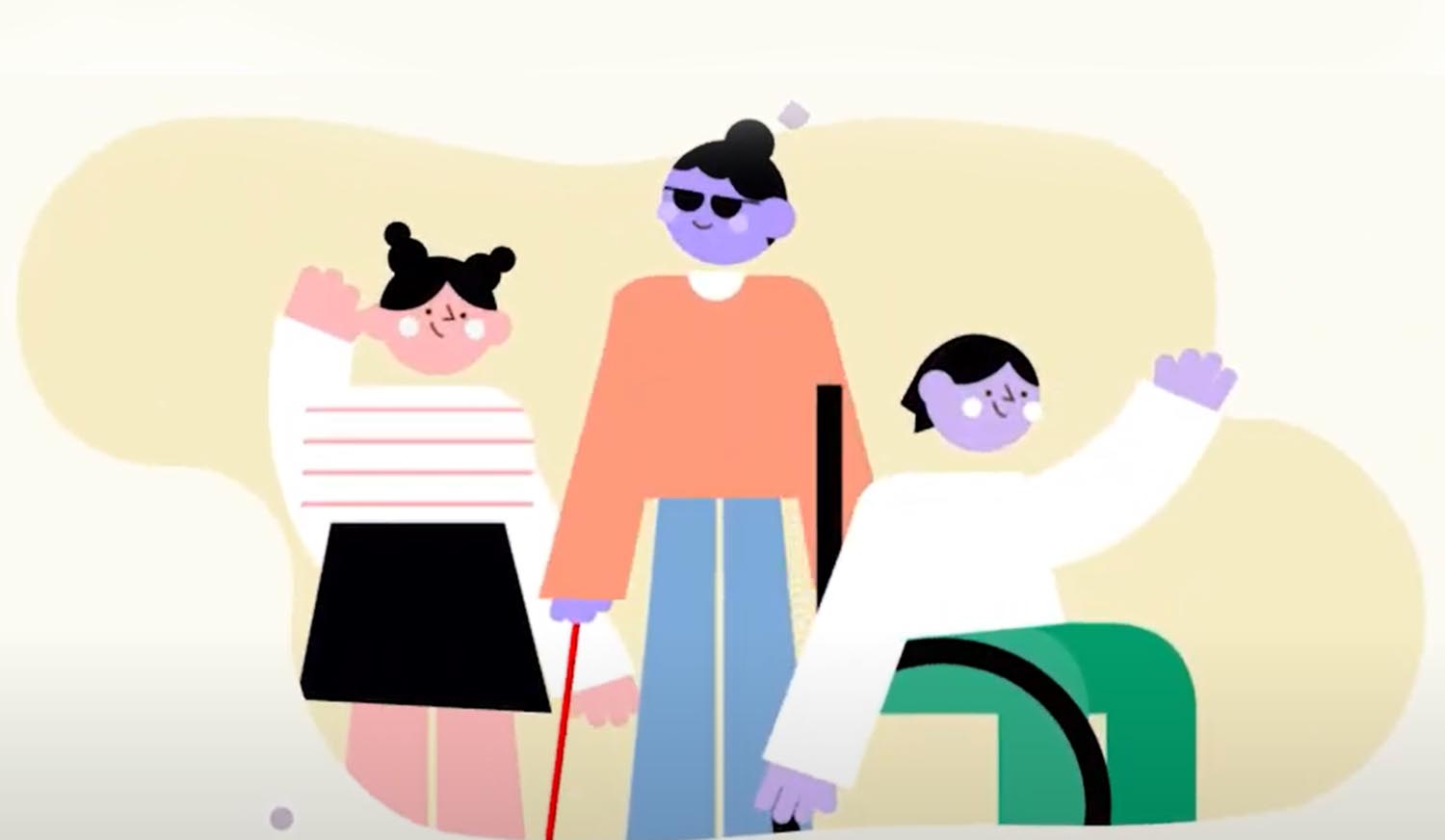
Disability and Inclusion Plan
In 2020-21, WHG worked closely with Women with Disabilities Victoria to build our capacity for inclusive primary prevention activity. We also took park in a panel discussion at the Primary Prevention of Violence Against Women with Disabilities forum, discussing our learnings and partnership with Women with Disabilities Victoria. We also completed our Disability Inclusion Plan and have begun implementing a range of organisational activities, including completing whole of staff training.
ADVOCACY & INFLUENCE
Consultations and Submissions
Campaigns
WHG has increased its online presence and activity over the past year with eight discrete and well-received social media campaigns across our three platforms (Facebook, Twitter and Instagram).
In addition, we ran a targeted regional COVID-19 vaccination and health social media campaign over an extended period as part of the WOMHeN (Multilingual Health Educator) project.
We also participated in two statewide advocacy campaigns with our partners at GenVic and other women’s health services across the state:
- Recovery and resilience: Recognition, representation and gender equal investment after COVID-19 2022/2023.
- Victorian Women Sick of Small Change campaign, calling for an uplift in investment to secure the health and wellbeing of Victorian women.
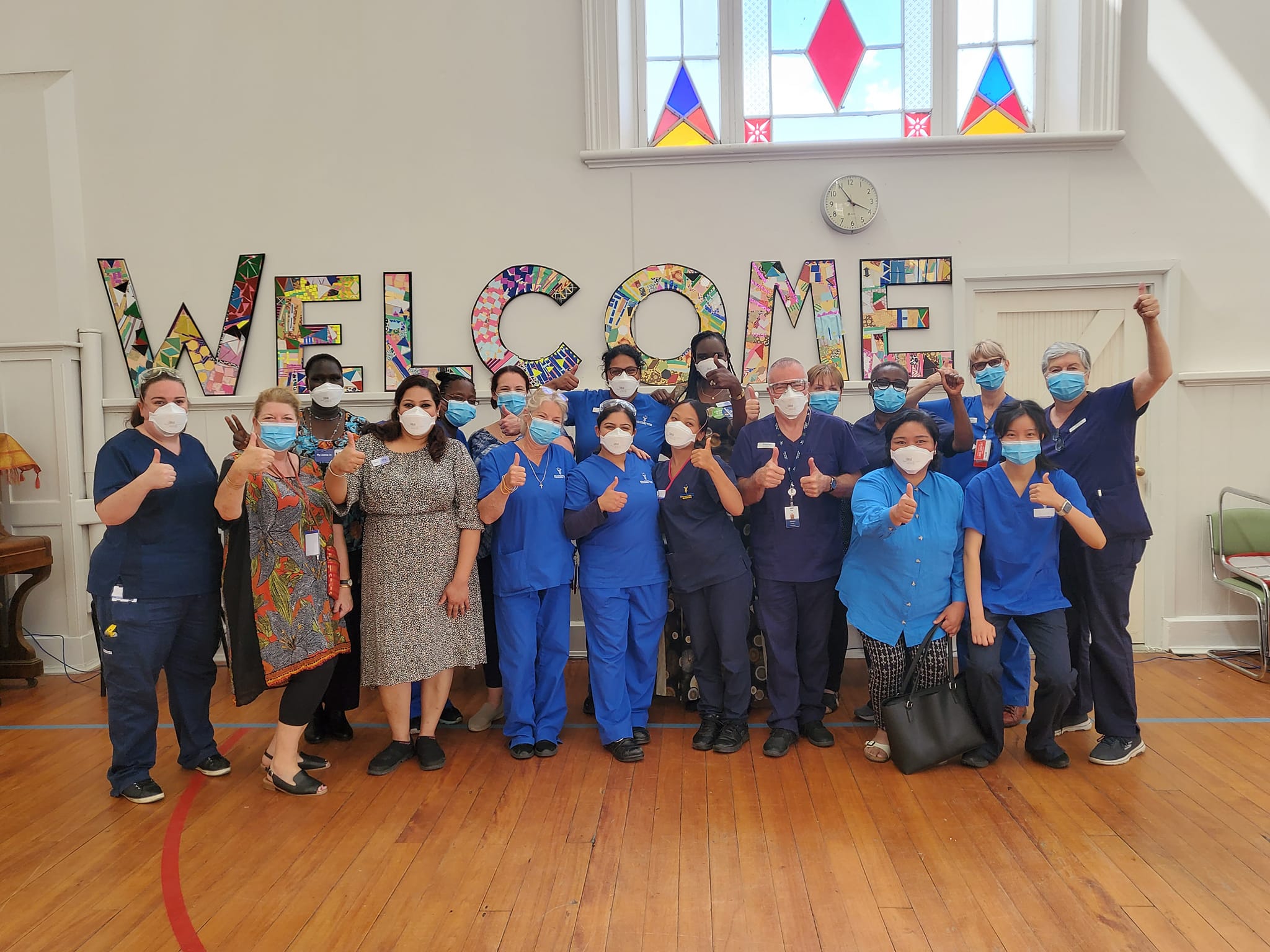
Campaign Spotlight on 16 Days of Activism Against Gender-based Violence in 2021
For our 16 Days of Activism 2021 social media campaign we developed a suite of online collateral and led its reach throughout our region with:
- 29 Facebook posts, with a reach of 5,458
- 20 Twitter posts, with 78 likes and 6,527 impressions
The campaign was based on ‘16 Ways in 16 Days’: 16 ways to combat everyday sexism and discrimination. We shared our resources with CoRE members, and promoted and delivered a Bystander Conversations event during the 16 Days period.

Campaign Spotlight on Sexual Health Week
Along with the GEN VIC Sexual and Reproductive Health Community of Practice members, we participated in a Sexual Health Week Social Media campaign to coincide with two significant international health days: World Contraception Day (26 September) and International Safe Abortion Day (28 September). For International Safe Abortion Day, we were able to re-promote our Regional Abortion Information Video and proudly see this launched in eight different languages: Burmese, Farsi, Korean, Italian, Turkish, Spanish, Swahili and Vietnamese. This was made possible through a collaboration with Multicultural Centre for Women’s Health.
Our social media campaign focused on promoting 1800 My Options and abortion healthcare options. The Facebook campaign targeting a potential audience size of 12,000 females aged 15-50 years, achieved:
- 28 WHG Page Likes
- 155 1800 My Options Link Clicks
- 2,280 Estimated Ad Recall
- 11,206 Reach
- 76,076 Impressions

MEDIA
CELEBRATIONS AND EVENTS
Launch of the new CoRE Strategy 2021-2025
In July 2021, the new CoRE Strategy was launched, and the event was attended by 100 individuals. The 2021-2025 CoRE Strategy marks the evolution of CoRE and sets the scene for growth and more advanced actions over the next four years. In addition to the WHG CEO and Manager Strategy and Programs, the following speakers presented:
- Importance of equality and respect at Western Bulldogs: Jerril Rechter, Western Bulldogs Board Member
- Cultures of safety and respect in local football clubs: Kim O’Reilly, victim/survivor of intimate partner violence and advocate
- Being a CoRE sporting club: Scott Arnold, President Minyip Murtoa Football Netball Club
- Fostering a CoRE culture of respect and equality: Andrew Freeman, Chief Executive Officer, East Grampians Health Service
- Youth Equality for All: Karissa Cribbes & Ayak Akon, WHG Youth Equality Advocates
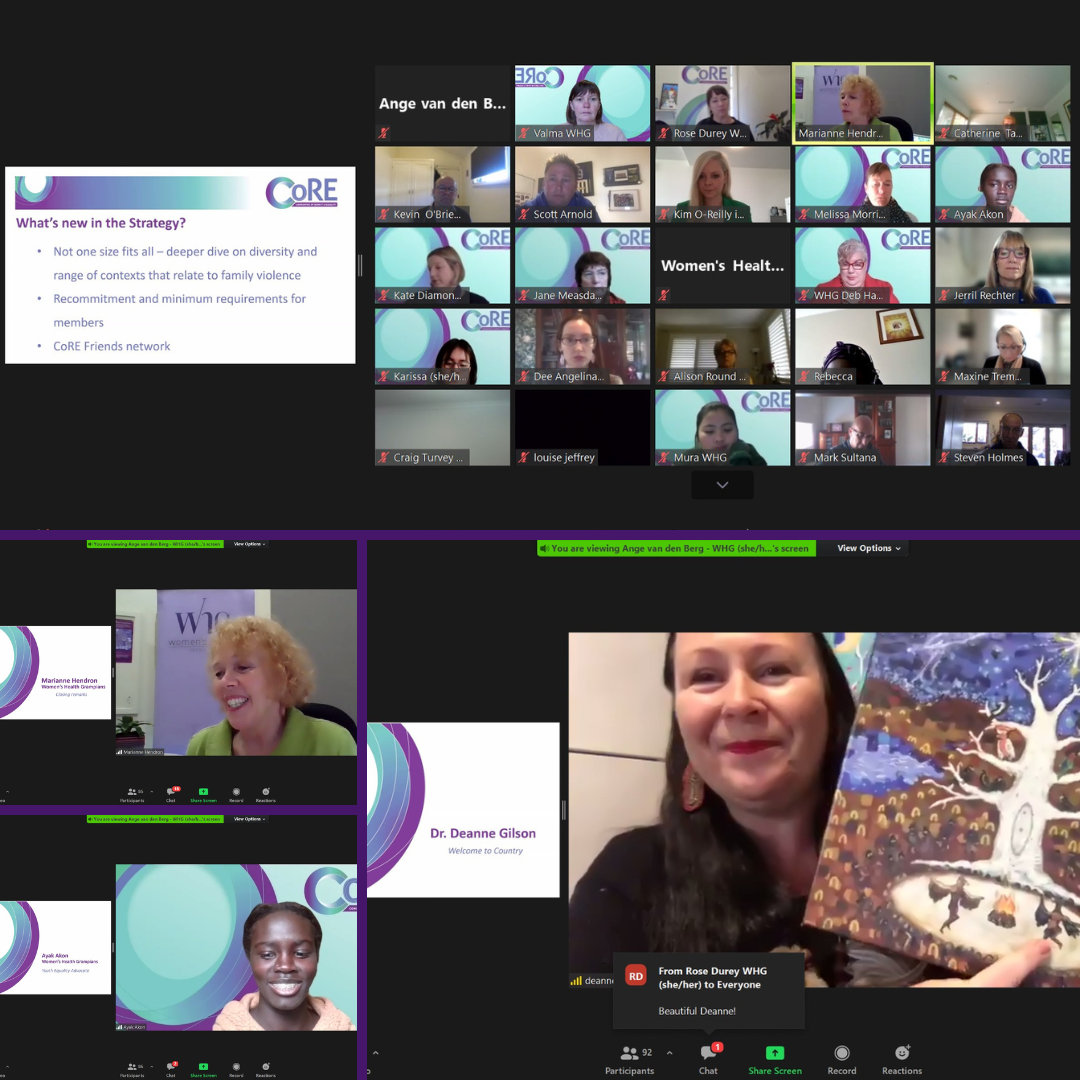
International Women’s Day event, Horsham
The March 2022 International Women’s Day event in Horsham was a collaboration between WHG, Rotary Club of Horsham East, Wimmera Development Association and Horsham Rural City Council. Professor Martha Hickey, Director of the Women’s Gynaecology Research Centre at The Women’s and Professor of Obstetrics and Gynaecology at the University of Melbourne spoke insightfully on gender bias in healthcare. 42 people attended the event.
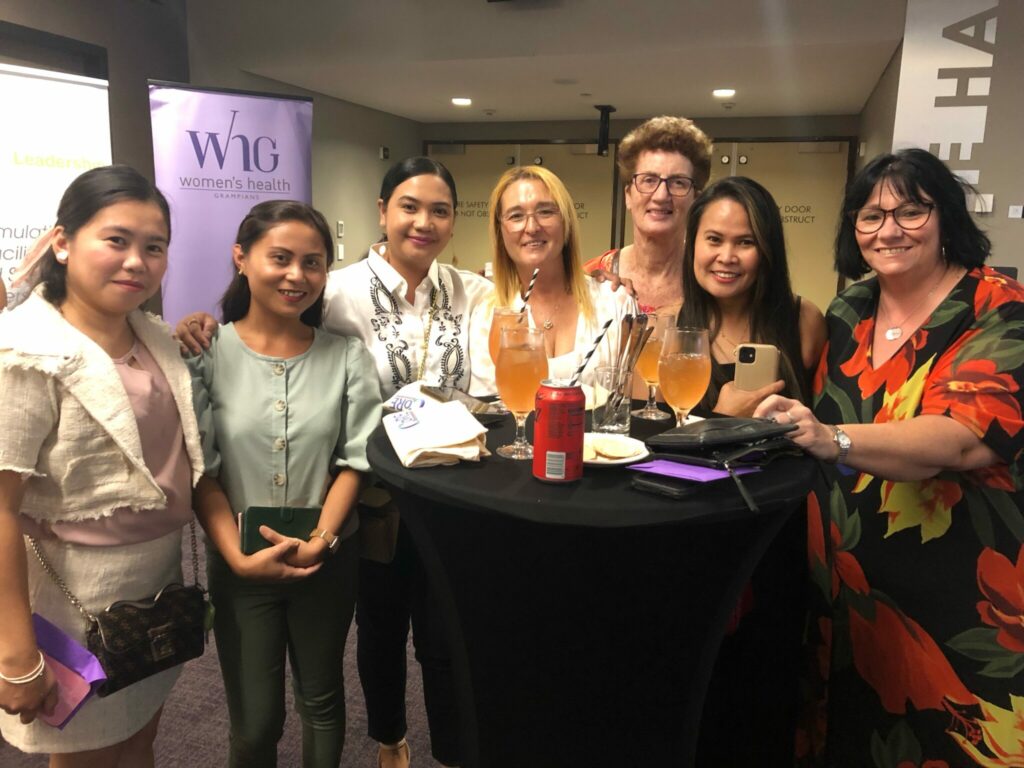

Launch of Act On Site
In March 2022, we launched our Act On Site workplace. Developed with Federal funding, this program is designed to activate culture change in traditionally male-dominated sectors such as construction and manufacturing. A focused campaign to attract interest and source potential Act on Site participants began in February and culminated in the creation of a “Shaping the Workplace Culture for Women in Trades” online panel. The panel consisted of three regional industry experts providing engaging commentary and experience pertaining to the creation of and investment in safe, healthy and gender equitable workplaces.
Panel members included Kylie Slade, Owner of all female company Livewire Electrical; Tim Walshe, Director JK Personnel Recruitment Company focussing on Trades and Julian Govan, Director SprayLine Services, Department of Transport.
31 people attended the online event and in addition, the recording of the panel has been viewed 47 times.
”It was great to watch, and see some very interesting panel speakers who articulated the current state of play facing women in the trades workspace currently. I was very reassured to see two men who are instrumental in assisting to address the gender imbalance, and who show the empathy required to affect positive change. My take away from it all was we need to see more female representation in this sector, most particularly in trades roles, so it becomes normal for young females to see this as a legitimate and safe career path option.
Panel attendee
GENDER EQUALITY ACT
Twenty-two percent of our CoRE members are Defined Entities with responsibilities under the Victoria Gender Equality Act 2020 (GEA). They are required to promote workplace gender equality and consider gender equality in their policies, programs and services.
To build capacity and support defined entities to implement and deliver the Gender Equality Act requirements, WHG employed two Gender Equality Act Advisors: one to cover Ballarat and Central Highlands and the other to cover the Wimmera and Grampians Pyrenees. Our advisors were co-funded by thirteen local organisations and worked collaboratively and collectively with defined entities across the region.
All defined entity CoRE Members were able to access information, resources, and advice. This included the development of a training package on implementing Gender Impact Assessments (GIAs), and the delivery of a CoRE Community of Practice that focused on the seven GEA indicators.
More broadly, we were able to meet with the Commissioner for Gender Equality in the Public Service to highlight key issues emerging in the region. WHG is also a member of the Action for Gender Equality Partnership (AGEP) with GenVIC and other Victorian women’s health services, part of the Commission for Gender Equality in the Public Sector’s panel of providers. This year, we assisted in the delivery of Gender Impact Assessment training, and facilitation of a Gender Equality Act Community of Practice for rural and regional defined entities. As part of this partnership, we also provided support to defined entities including the Melbourne Sports Centre, Melbourne Olympic Parks Trust and the Victorian Institute of Sport.
”I would like to thank you for your support, guidance and facilitation of our recent GE consultations, you made this process so inclusive, informative and productive. Verbal feedback so far is that staff felt listened to and welcomed.
CoRE member defined entity
SEXUAL AND REPRODUCTIVE HEALTH
Collaboration
WHG values and invests in networks and relationships to improve access to sexual and reproductive health services in our region. We continue to convene the Increasing Reproductive Choices Stakeholder Group, comprised of key organisations working in this space in the Grampians region.
This year, WHG worked with partners to find opportunities to install ten free condom dispensers across four local government areas:
- Horsham Rural City Council: Horsham Town Hall
- Horsham: Longerenong College Residential Campus
- Moorabool Shire Council: Library and Youth Space
- Ballarat: Barkly Square and Ballarat Community Health locations
- Stawell: Grampians Community Health locations
- City of Ballarat: public toilet facilities
We are also working with Local Council CoRE Members on Municipal Health and Wellbeing initiatives. For example, in Gender Impact Assessment training, we assisted one council to consider support for sexual health through a review of their Public Facilities Strategy and potential provision of condoms and/or menstrual products.
Capacity building
WHG aims to build workforce capacity, strengthen regional partnerships and open critical conversations about wider service access issues. We linked Sexual and Reproductive Health champions with relevant online training, support and networks. We also participated in a number of sector coalitions providing a rural and regional women’s perspective, and brought the latest evidence and knowledge back to our partners.
Extensive consultation and meetings with regional stakeholders and groups this year highlighted sexual and reproductive health issues within a broad range of settings and sectors, including:
- Education (6 meetings)
- Nurses (8 meetings)
- Community Health (2 meetings)
- Local Council (4 meetings)
- Youth Workers and Youth Groups (7 meetings)
In addition, in 2021-22, WHG:
- Delivered a presentation to Deakin Medical Students sharing our research and data about the access and equity issues for women in our region accessing timely SRH care.
- Delivered a Sexuality Education session to 120 residential students at Longerenong College
- Sought out opportunities to connect with Young People across the Wimmera to understand their ideas and challenges in seeking sexual health information and services
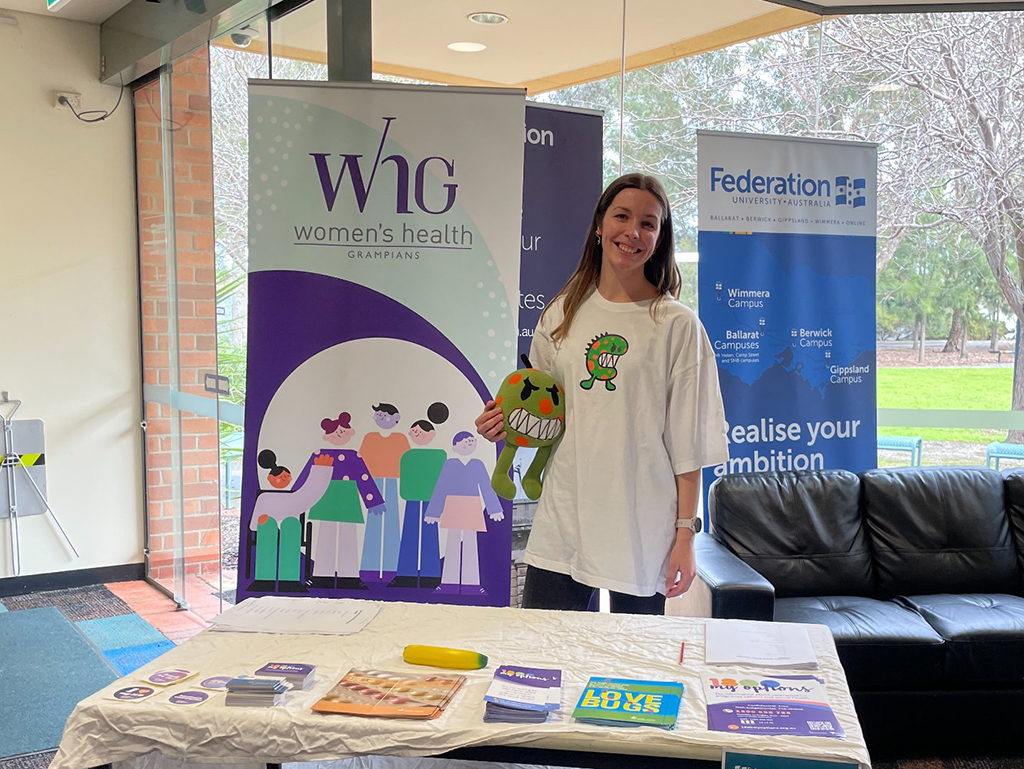
Campaigns
New data released in June 2022 has provided critical evidence highlighting the shortfall of services for early medical abortion and long acting contraception across the Grampians region. A summary of this data has been shared with partners and stakeholders in the region, and a roundtable with fifteen regional stakeholders was held. Discussion captured challenges and opportunities for future growth in service provision across primary care and public hospitals.
At the beginning of 2022, we launched our Instagram account with a specific goal to engage a younger demographic and focus on sexual and reproductive health. In the six months to June, we made 41 posts, posted 46 stories, accumulated 231 followers and reached approximately 1400 accounts. Data analysis shows that 47% of our Instagram followers are under 35, compared to 23% on Facebook. It promises to keep growing into a significant tool for engaging with young people and sharing relevant and timely content.
WHG has also connected regional partners with youth-focussed campaigns to improve sexual and reproductive health. In addition, we have also developed a campaign to increase awareness of local sexual health service options.

COMMUNITIES OF RESPECT AND EQUALITY (CoRE)
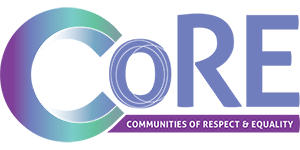
Transition to new CoRE Strategy
The new CoRE Strategy 2021-2025 was launched in July 2021, together with an accompanying Monitoring and Evaluation Framework. Since the launch of the new CoRE Strategy, Regional Consultants have been transitioning CoRE members, including assessing whether CoRE members meet or are planning to meet the new membership requirements. This also required members to sign up to the new CoRE Commitment Charter. Five new members joined CoRE in 2021-22 and as of 30 June 2022 there were 117 CoRE members from a range of organisations across the Grampians region.
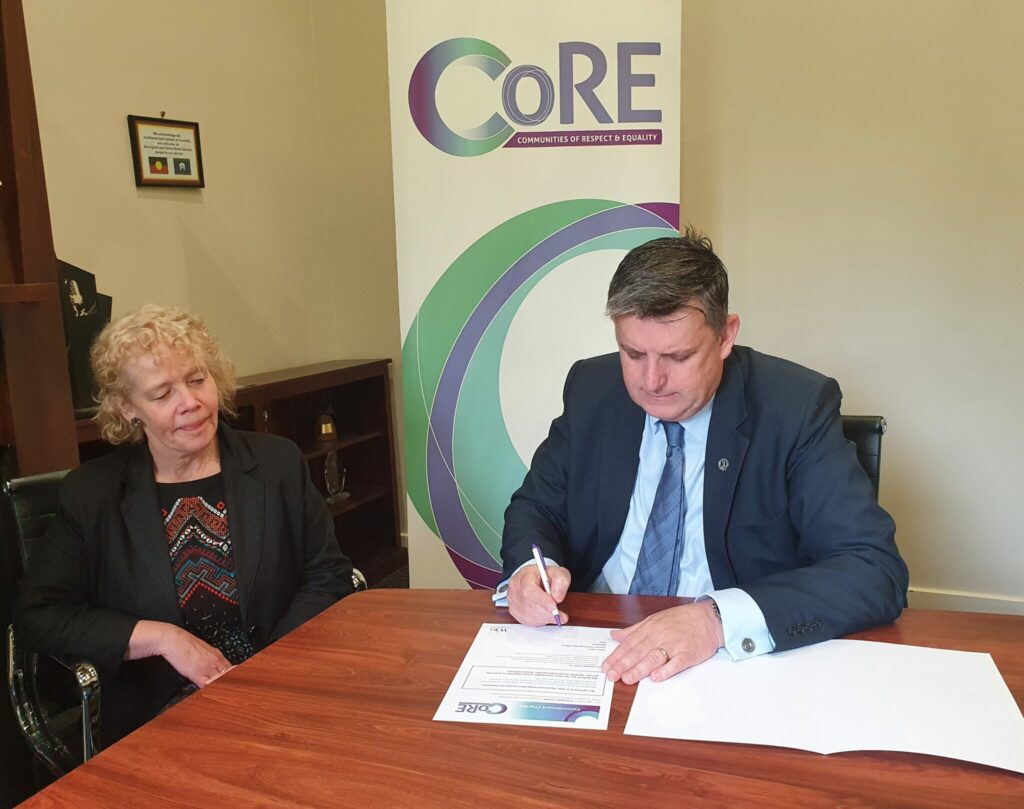
CoRE Member activities
All CoRE Members are encouraged to develop a CoRE Action Plan or a Gender Equality Action Plan (GEAP) – a particular requirement of defined entities. Currently 80 CoRE Members (68%) are known to have a CoRE Action Plan or GEAP.
CoRE Members reported in the Annual Snapshot Report that they had undertaken a wide range of activities in the past 12 months, with support for events, communication of CoRE messages and participation in the CoRE Community of Practice being the most common.
One-on-one advice from Regional Consultants continues to be rated highly by CoRE members. The support available to assist members develop plans was highly valued, with 92% of CoRE members who responded to the Annual Snapshot survey reporting to be very or mostly satisfied with the support provided by WHG.
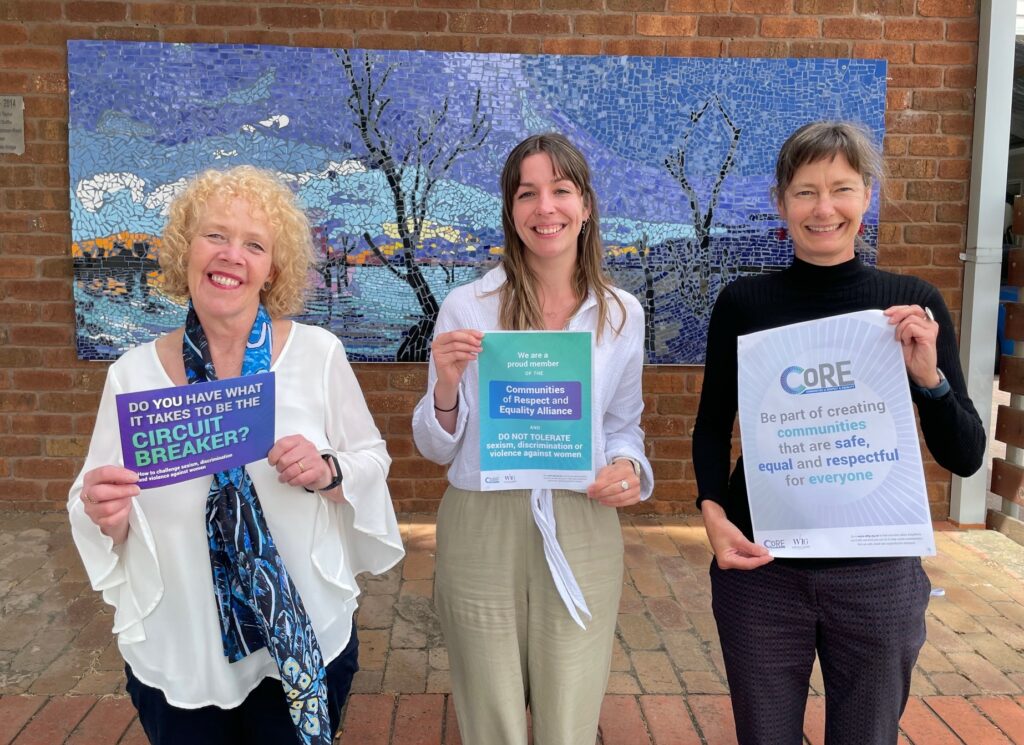
”We have had feedback, post bystander training from staff, that they feel more informed about the risks in taking action without considering the consequences for those they are trying to defend/protect/support.
Community of Practice Participant
Knowledge building
This year, the CoRE Friends Network was set up in response to a recommendation in the CoRE Annual Report 2020-21. The purpose of this quarterly network newsletter is to connect with individual employees and volunteers of CoRE member organisations to share resources and encourage them to take action. It promotes CoRE and activates the individual level of the ecological model of violence prevention, while still working with an organisational framework.
- Number of CoRE Friends Network newsletters: 3
- Number of members: 127
- Number of CoRE Community of Practice events in 2021-22: 2
- Number of Attendees at CoRE Communities of Practice: 85
- Presentations to CoRE members: 19
- New resources developed: 6
- Resource downloads: 1051
Three conference papers were presented by WHG in 2021-22:
- ‘Sowing and growing a movement: regional primary prevention partnerships in Victoria – a women’s health services panel’, May 2022, Our Watch and Safe + Equal PreventX Conference
- ‘Act@Play – Creating Cultures of Respect and Equality within Sporting Clubs’, Stop Domestic Violence Conference, December 2021
- WHG’s experience of the Women with Disabilities Victoria Workforce Capacity Building program – Primary Prevention of Violence Against Women with Disabilities Forum, March 2022

”Thanks for all the wonderful work you do and support you give us to improve our organisations and make them more inclusive.
CoRE Community of Practice attendee
PROJECTS
Act@Play
Act@Play is an intensive 6-month program to support local sporting clubs and associations to raise awareness of the prevention of violence against women and advance gender equality outcomes. Funded by Sport and Recreation Victoria, Act@Play has built on the outcomes and learnings achieved over the program’s previous delivery in the Central Highlands region (2018-2021), with a specific focus on clubs and associations in the Wimmera region of Victoria. WHG is currently working with Minyip Murtoa Football Netball Club and Horsham Basketball Association.
As part of WHG’s gender and sport portfolio, the following presentations were also delivered:
- Mildura City Council Act@Play presentation
- Western Health and the Local Drug Action Team (LDAT) Program
- Western Bulldogs Daughters of the West program (2 sessions, 40 attendees in total)
- Western Bulldogs Youth Leadership program (6 sessions, 57 participants in total)
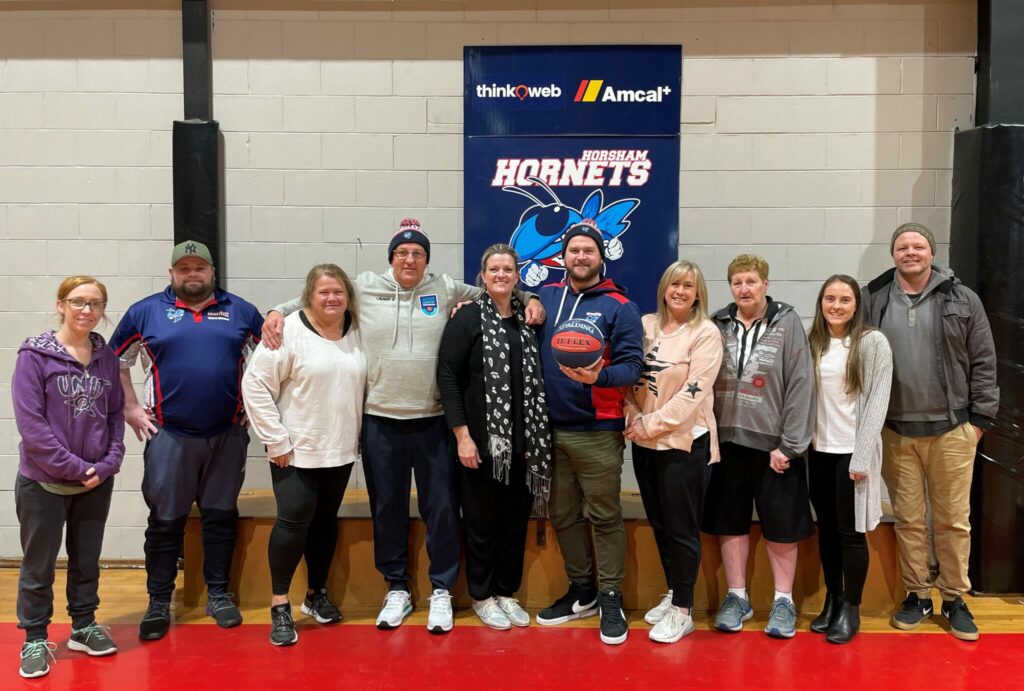
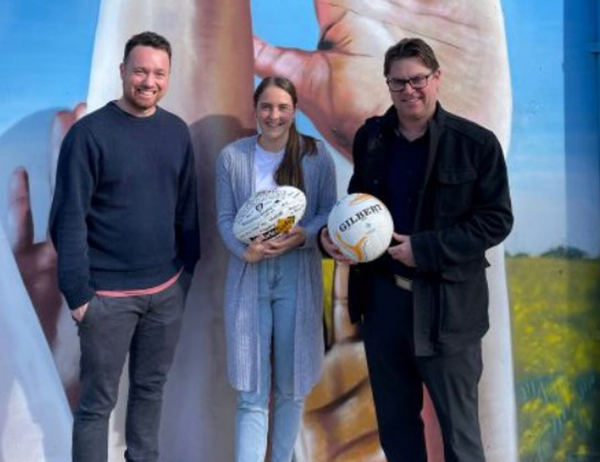
Multilingual Health Educators
Funded by the Victorian Department of Health, Central Highlands PCP and DFFH, our Multilingual Health Educator team continued to work with partners across the region to:
- Support relevant CoRE members to examine and address the impact of the COVID pandemic on migrant women’s mental health
- Deliver Safer Pathways Family Violence training to migrant women (in partnership with Ballarat Community Health), mental health sessions, and intersectionality training to CoRE members
- Promote COVID vaccinations to migrant and refugee communities in the region
As part of the Health Equality for All project, WHG also developed the research report – Learning from lived experience: Mental health impacts of COVID-19 on migrant and refugee women in the Grampians region and accompanying animation.
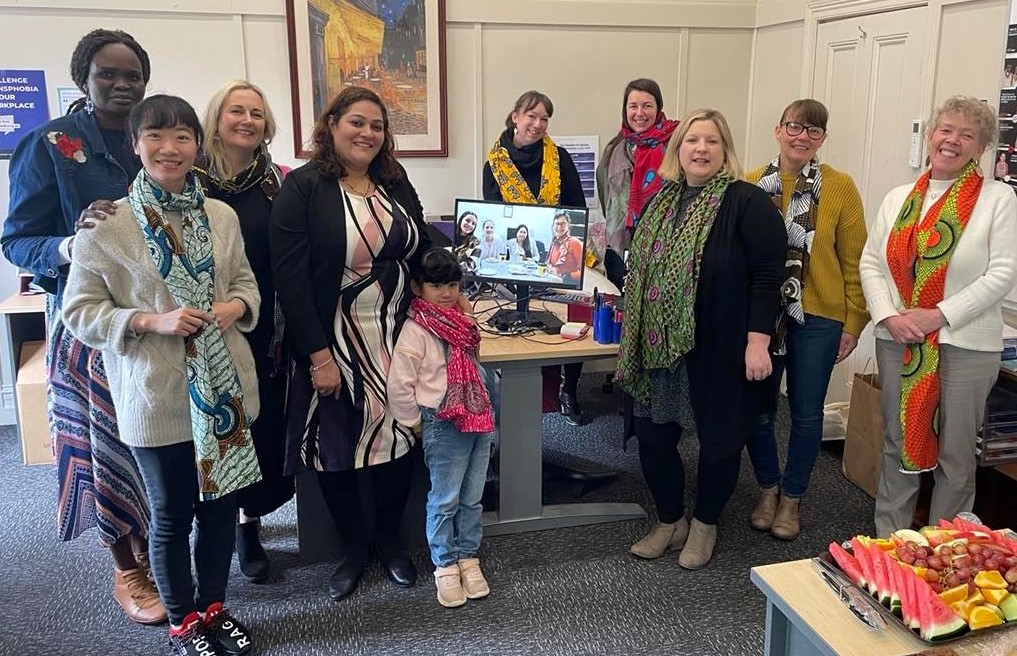
Youth Equality for All
This project provided CoRE members with information and insights into young women’s experiences of inequalities during COVID-19 and beyond, with a focus on the impacts on social connection, mental health and employment for young women in the Grampians region. Videos and accompanying social media resources were developed as a result. The project came to an end in September 2021.
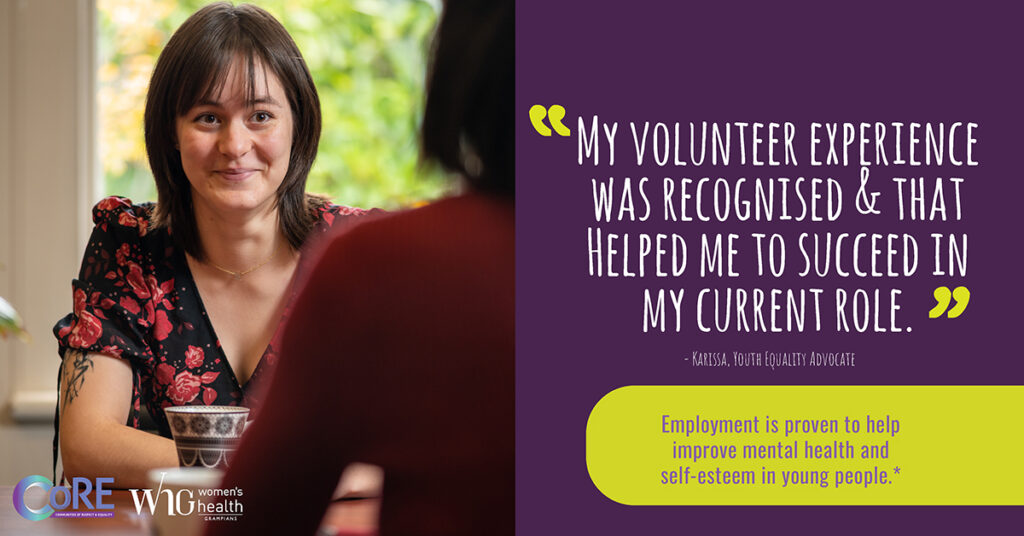
Women in Trades
Act On Site
Funded by Commonwealth Government Women’s Leadership and Development Program in 2021, this project aims to increase the recruitment and retention of women in male-dominated industries through the development and delivery of a whole-of-workplace program, Act On Site. In 2021-22, activity focused on the development of the program package, establishment of industry networks, and the official launch of Act On Site in March 2022.

See What You Can Be
As part of the same project, See What You Can Be aims to support and train up to six women currently working in male-dominated industries to become mentors and advocates on gender equality issues within their sector. We are developing a program aimed at enhancing pathways for girls and women into male-dominated industries, including careers education. In 2021-22, we recruited and trained five advocates. Our advocates have delivered several speaking engagements, which have been very well received, along with a number of sessions with careers educators within schools and TAFE.
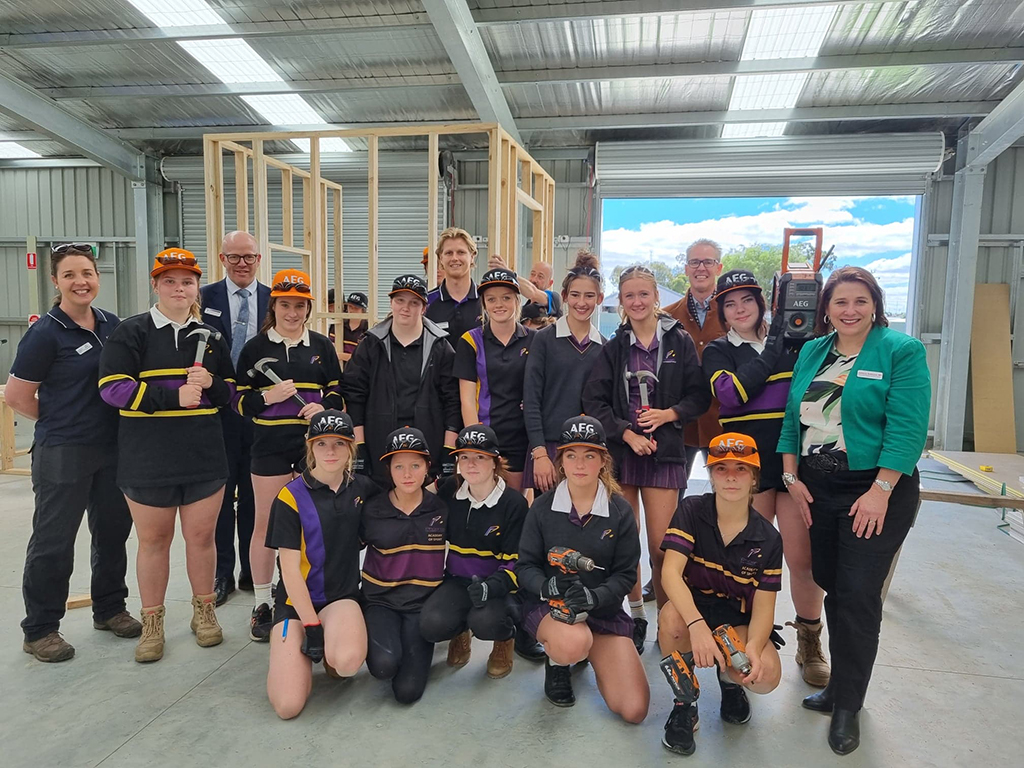
CoRE Hi Vis
Funded by the Helen MacPherson Smith Trust, this project, based in the Central Highlands region, aims to increase female workforce participation in the construction and manufacturing industries and support CoRE members in trade/manufacturing sector to improve gender equality outcomes. This year, we have been working closely with Nicholson Construction and the Platinum Institute to achieve these objectives. The project comes to an end in October 2022.
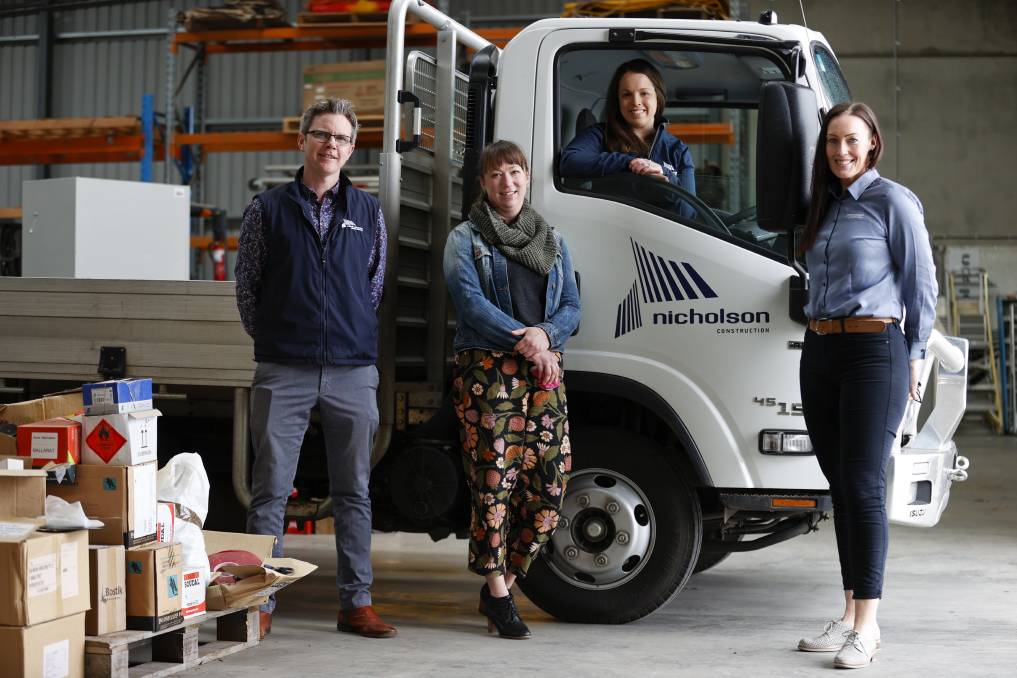
Photo: Luke Hemer, The Courier 20/10/2022
CENTRAL HIGHLANDS INTEGRATED FAMILY VIOLENCE COMMITTEE
Central Highlands Integrated Family Violence Committee has had another big year, with some significant achievements!
-
Designing Disability-Responsive Intake Processes Project
We established the Designing Disability-Responsive Intake Processes Project, which builds on earlier investigations about key barriers in the system for people with disability. It’s intended to ensure that pathways into our service system are culturally safe, and enable access to adjustments without disclosure of diagnosis. This recognises that for many disabled people the disclosure of diagnosis may have resulted in discrimination in the past, and for others, their disability may not already be diagnosed, either due to lack of identification, or because it’s so recently acquired (e.g. Acquired Brain Injury as a result of family violence).
-
Service User Knowledge Capture Project with Federation University
The Service User Knowledge Capture project builds on Michelle Hunt’s doctoral work by running another project with service users using the Photovoice methodology. This project is being undertaken by Federation University, with the Chief Investigator Professor Jennifer Martin, and focuses on the experiences of the service system, and its integration. The project is well underway, with reporting planned for late 2022.
-
Research in Practice
Research in Practice is a monthly lunchtime event which gives practitioners across the service system small, practice-focussed presentations of recent research. A collaboration begun this year between CHIFVC, the Family Services Alliance, the Care Services Alliance and the Homelessness Alliance. This collaboration prioritises local research and researchers, and has a close focus on learnings from the research for those in practice. Family violence focusses this year included Michelle Hunt’s “I’ve got something to say and I need you to listen”: A photovoice study with women who have experienced family violence, and the Adolescents who Use Violence in the Home WRAP with Elena Campbell.
-
Safer Pathways Mutual Mentoring Group
The Safer Pathways Mutual Mentoring Group has been run monthly by Yo, CHIFVC’s Workforce Development Officer for the past year. It is designed to support greater integration and collaboration between the multicultural service sector (with an emphasis on settlement workers) and the specialist family violence sector. We’ve been delighted to watch relationships build, and the shared consideration of case studies in each session has kept victim survivors as the focus as we work to provide a fully inclusive service system.
-
CHIFVC Learning Management System
CHIFVC launched a new learning platform as part of our website this year, with thanks to Ballarat Community Health’s generosity. The platform hosts 45-minute, self-paced and self-directed modules, each introducing and exploring a specific manifestation of family violence. CHIFVC has decided to continue this focus on the way that family violence impacts specific, often marginalised communities, with plans to add new modules developed through local expertise over the coming years. We’re excited to be able to support the community in enhancing their knowledge and understanding of family violence by providing these free modules.
-
MARAM Alignment Support
The Family Violence Multi-Agency Risk Assessment and Management Framework was launched in 2018, and is a once-in-a-generation reform of how the service system as a whole responds to family violence. It seeks to make the initial identification of family violence the responsibility of all services, including universal services like schools, hospitals, health services and so on. Many organisations have struggled with “aligning” to the MARAM Framework. CHIFVC has provided a range of supports, including delivering MARAM Collaborative Practice Training, but over the past year has added additional assistance in the form of briefings for senior leadership within organisations and running an online Community of Practice to support organisational alignment.
-
Guidance to the Use of Hotels and Motels for Family Violence Emergency Accommodation
The use of hotels and motels as emergency accommodation has become a mainstay of family violence responses. However, there are associated complexities, including difficulties accessing hotels and motels, and the risks of placing perpetrators in the same location as victim-survivors. CHIFVC undertook some research into our service system’s use of hotels and motels, and then developed guidance to support agencies in identifying appropriate accommodation possibilities, and putting in place strategies to ensure perpetrators and victim survivors are not accommodated together.

WHG is a member of Gender Equity Victoria (GEN VIC), the peak body for gender equity, women’s health and the prevention of violence against women. GEN VIC works with organisations across Victoria to advance a shared vision of gender equality, health and freedom from violence for every woman and girl in every community across Victoria. Through GEN VIC, WHG is able to advocate, influence and collaborate to improve outcomes in gender equity, women’s health and in the prevention of violence against women at a state-wide level.
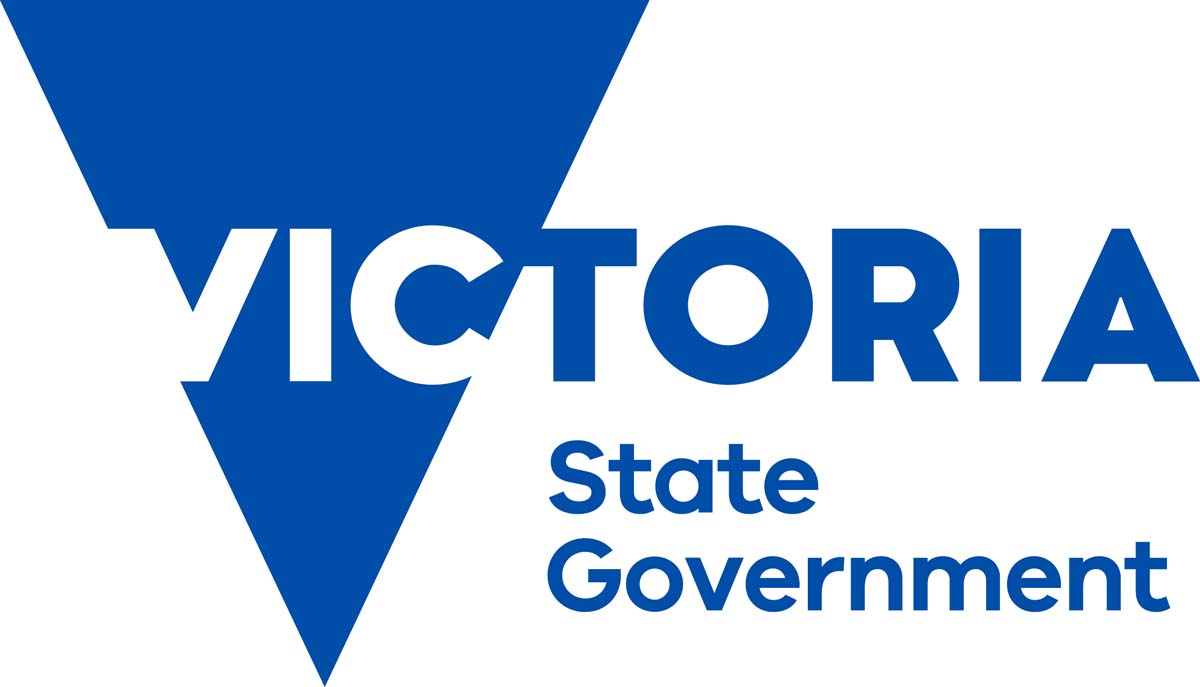
WHG acknowledges the support of the Victorian Government.

Women’s Health Grampians acknowledges and pays respect to the traditional owners of all the land and waters of the Grampians region, their Elders, past and present and in particular the strong Aboriginal women of these lands who are central to family and community. We are proud and honoured to work with them.
Annual Report design by Small Dog Design. Thank you to Mitch Nivalis for supplying some of the imagery used in this report.

